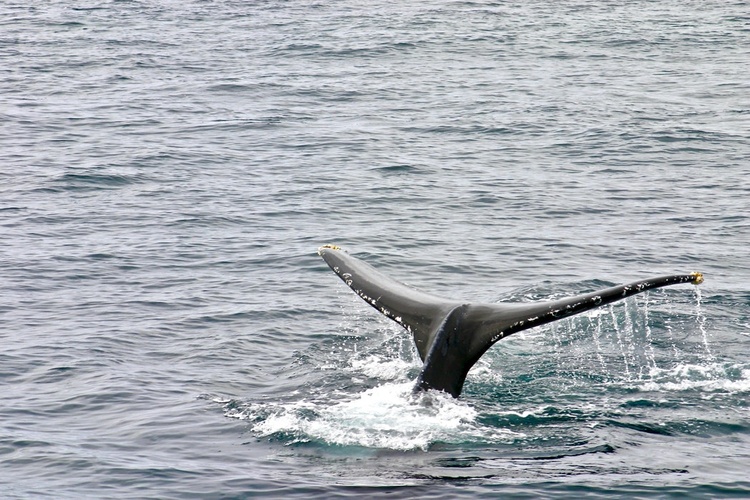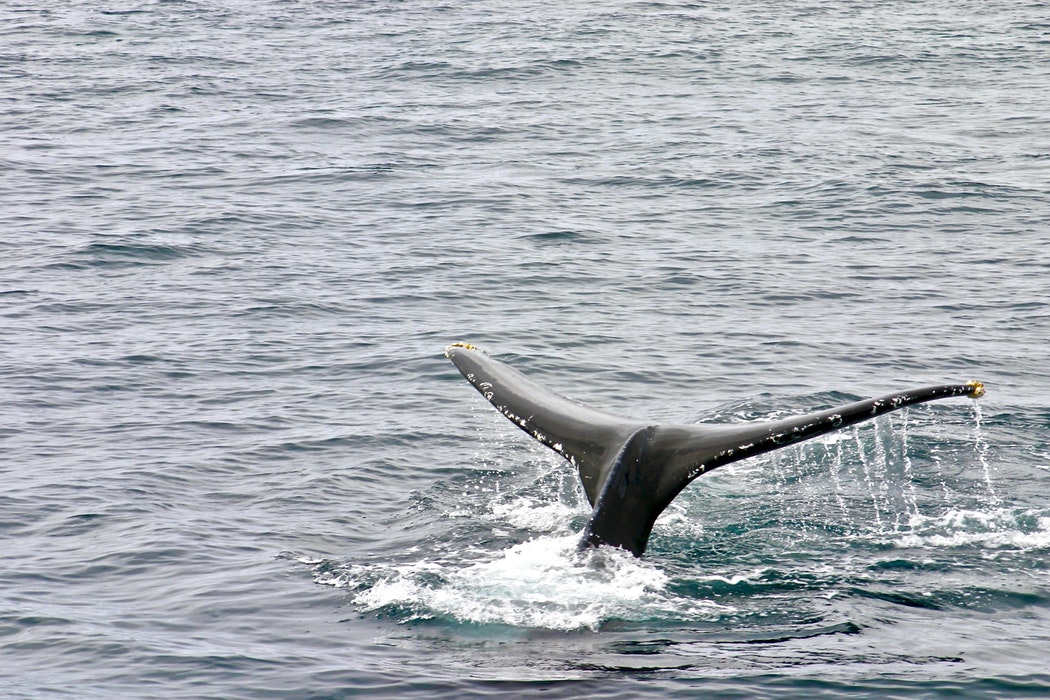The eight-metre-long whale washed up on a beach in Porto Cervo, a tourist hotspot on the island’s northern coast.
Luca Bittau, president of SEAME Sardinia, an NGO that aims to protect large sea mammals in the Mediterranean through research and education, told CNN that the whale’s stomach contained plastic bags, fishing nets and lines, and other objects that were too decomposed to identify.
Bittau added that the whale was pregnant and had most likely aborted before she beached.
“The foetus was in an advanced state of decomposition,” he said.
The foetus was around two metres long, according to local media.
The whale’s cause of death is being investigated by veterinarians in the northern Italian city of Padua.
Sperm whales consume around 900 kilograms of food a day, but it seems more and more plastic is filling up their stomachs instead.
In recent months, sperm whale carcasses with stomachs full of plastic have washed up on beaches in Spain and Indonesia.
Italy’s environment minister, Sergio Costa, took to Facebook to express his concern over the issue of disposable products and the effect they have on marine life.
“Are there still people who say these are not important problems? For me they are, and they are priorities,” he wrote.
“We’ve used the ‘comfort’ of disposable objects in a light-hearted way in the past years and now we are paying the consequences. Indeed the animals, above all, are the ones paying them.”
Costa also mentioned the recent approval by the European Parliament of a law banning single-use plastic items such as straws, cotton buds and cutlery by 2021.
“Italy will be one of the first countries to implement it,” he declared.
“The war on disposable plastic has begun. And we won’t stop here.”












